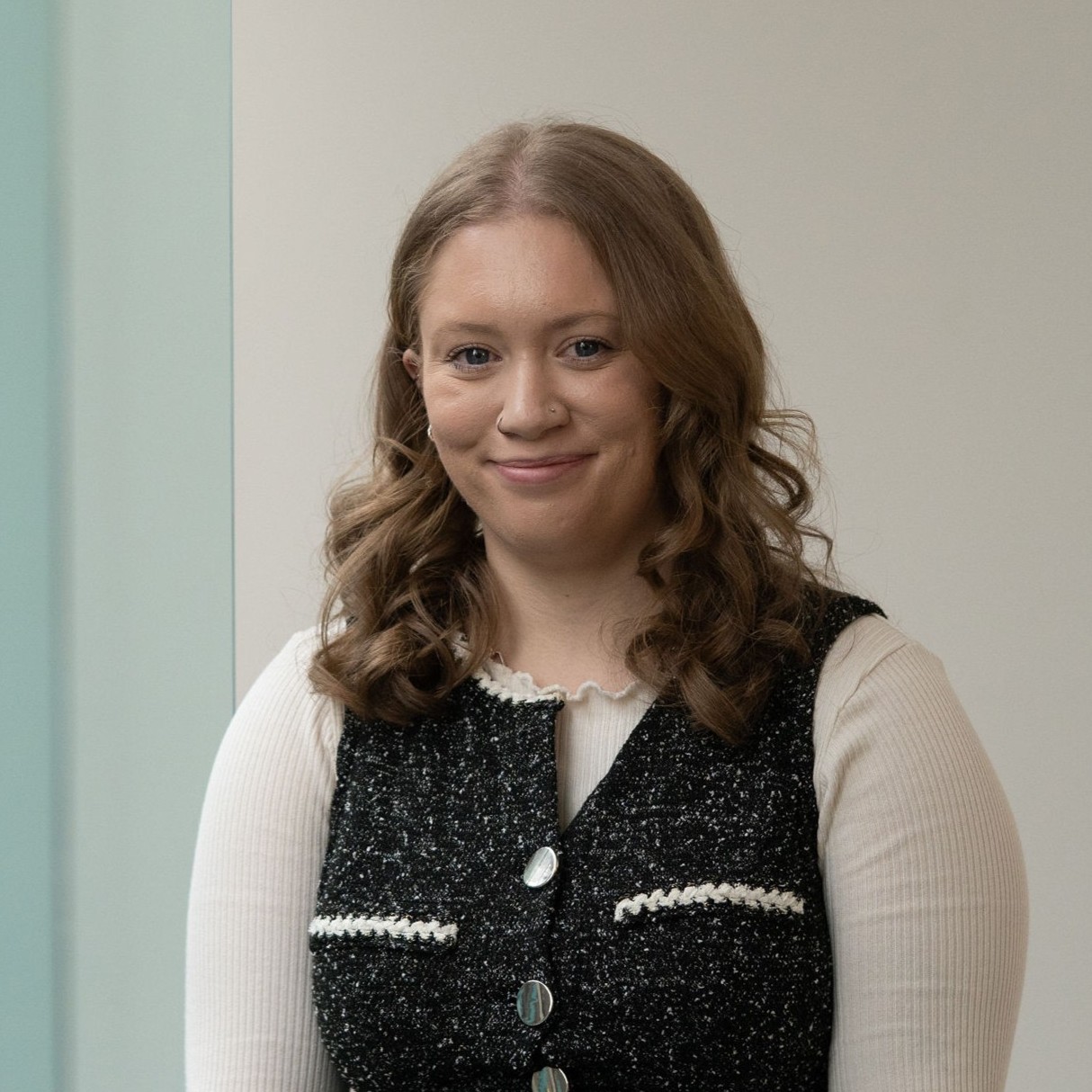At Wake Smith Solicitors, we understand how special the bond between a grandparent and grandchild can be. When family relationships break down, being prevented from seeing your grandchildren can be deeply upsetting. Our family law solicitors have helped many grandparents re-establish and protect contact with their grandchildren through sensitive, practical legal support.
As part of our wider Family and Divorce Law services, we can advise you on your options and help you take the right steps to maintain your relationship with your grandchildren.
Understanding Grandparents’ Rights
Grandparents do not have an automatic legal right to see their grandchildren. However, the court recognises the vital role grandparents often play in a child’s life and will always prioritise the welfare of the child when making decisions.
If maintaining a relationship with a grandparent is considered to be in the child’s best interests, the court can make an order to allow you to spend time together.
Applying for Contact as a Grandparent
Before applying to court, it’s often best to try to reach an agreement through communication or family mediation. Our solicitors can support you in these discussions to help avoid conflict and preserve family relationships.
If this isn’t possible, the court will consider several factors, including:
-
The nature of your relationship with your grandchildren
-
The level of contact you previously enjoyed (such as regular childcare, holidays, or weekend visits)
-
Whether ongoing contact would benefit the children’s wellbeing
Having a positive, consistent history of involvement can strengthen your application and demonstrate the importance of your relationship.
Supporting Families with Care and Sensitivity
Our Sheffield based family law team handles these matters with understanding and discretion. We focus on achieving a solution that keeps the children’s needs at the centre while helping families move forward in a constructive way.
Speak to Our Family Law Team
We offer a free 30-minute initial appointment where you can discuss your situation and receive straightforward legal advice about your options.
Complete the Contact Us form below to arrange a call back, or call 0114 266 6660 to arrange your consultation today.
FAQs
How can I obtain access to my grandchildren?
As a grandparent you do not have an automatic right to apply to the court if you are being denied access to your grandchildren, you have to ask the court for permission. The court views grandparents as an important part of a child(ren)’s life and generally permission will be granted especially in circumstances where you have been involved in the child(ren)’s life.
What child(ren) orders can the court make for grandparents?
The court has a whole range of orders that can be made in favour of grandparents depending on individual circumstances. It is not always possible to agree with the parents as to what time you can spend with your grandchild(ren) and the court can make an order that you spend defined time with them. If necessary an order can be obtained for your grandchildren to live with you or for what is called a special guardianship order however, these orders are usually only made if the parents are unable to care.





